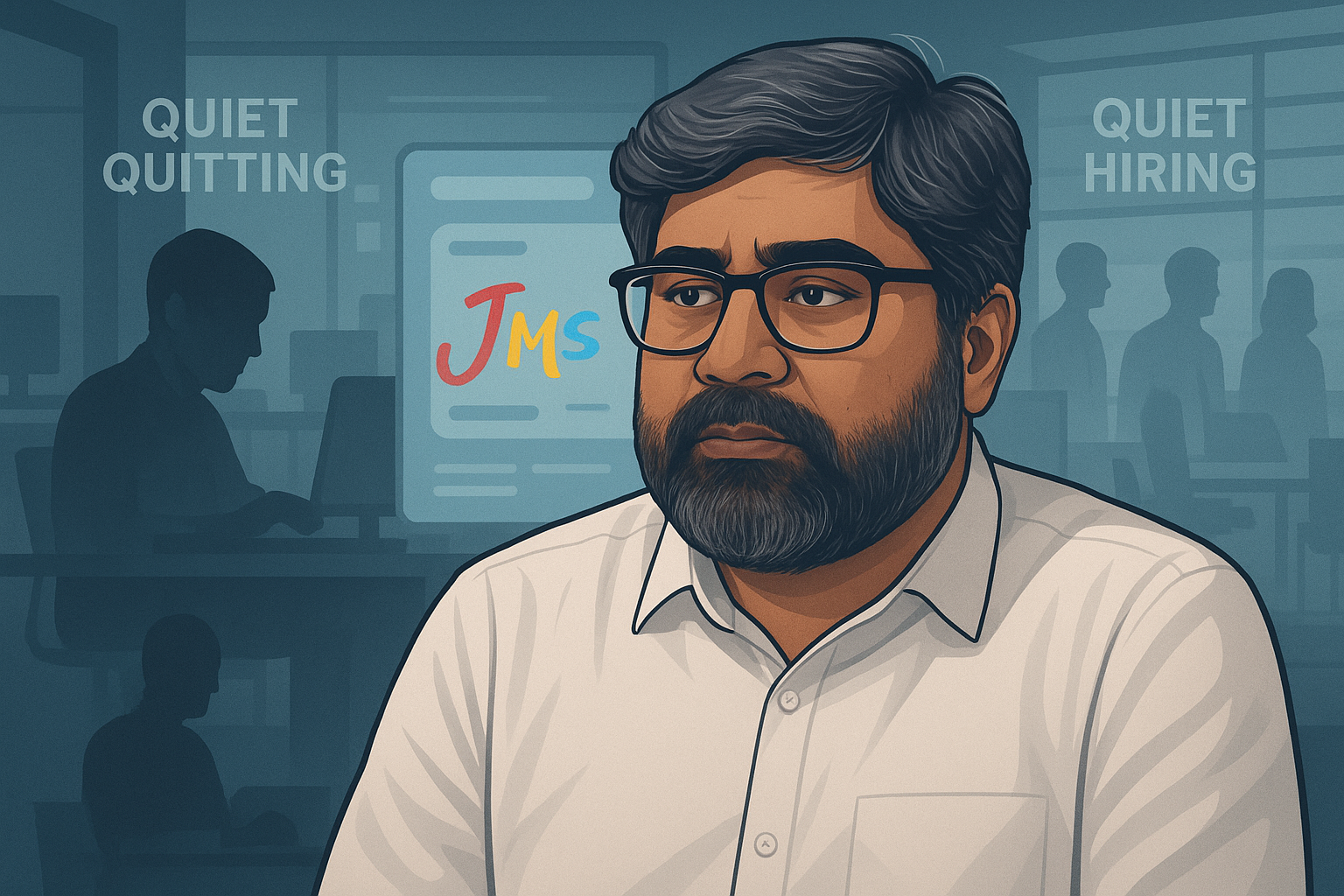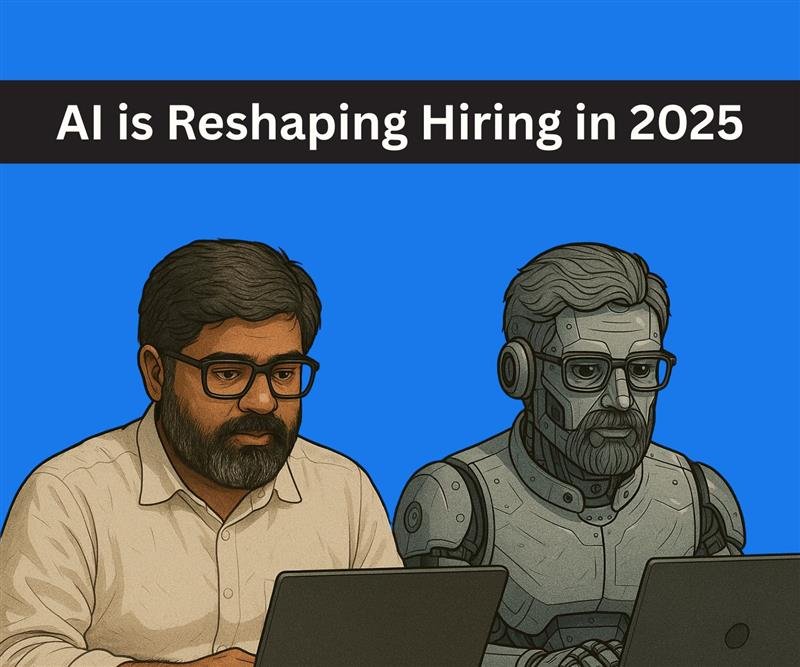Blog
What Quiet Quitting and Quiet Hiring Mean for Your Company’s Culture
In today’s workplace, quiet quitting and quiet hiring are becoming increasingly common. These trends highlight a larger issue: broken trust

In today’s workplace, quiet quitting and quiet hiring are becoming increasingly common. These trends highlight a larger issue: broken trust

In today’s workplace, quiet quitting and quiet hiring are increasingly common, reflecting a deeper issue: broken trust between employers and employees. Quiet quitting occurs when employees do only the bare minimum required for their job, mentally and emotionally checking out due to feeling undervalued or overworked. On the other hand, quiet hiring happens when companies assign extra responsibilities to employees without offering promotions, title changes, or pay increases. Both trends signal disengagement and can have significant implications for company culture.
These trends are closely linked by a common factor: broken trust. When employees feel unappreciated, exploited, or unsupported, they disengage, leading to lower productivity and morale. Lack of recognition, unclear expectations, and poor communication are key drivers behind quiet quitting and quiet hiring. Over time, these issues can create frustration, resentment, and a toxic work environment, ultimately affecting team cohesion and performance.
The impact on company culture can be profound. Disengaged employees often stop going above and beyond, which can lower overall performance and innovation. Morale drops when staff feel overburdened or undervalued, and high turnover becomes a risk as employees seek workplaces where their contributions are recognized. Such environments can make it difficult for organizations to attract and retain top talent, perpetuating a cycle of disengagement.

Addressing quiet quitting and quiet hiring requires intentional efforts from leadership. Companies should foster open communication, set clear expectations, recognize and reward employee contributions, and promote a healthy work-life balance. By cultivating a positive, inclusive culture that values trust, respect, and engagement, organizations can rebuild employee commitment, strengthen company culture, and create a workforce that is both motivated and productive.
Are you busy reading out IT fires instead of focusing on your core business

Building an employer brand is key to attracting and retaining top talent, regardless of your company size. You don’t need

The hiring landscape is evolving fast, and in 2025, AI will be a central part of recruitment strategies. From automating

Hiring the wrong person is more than just a headache it’s an expensive mistake. Bad hires can drain your resources,
Industry Experience
Client Satisfaction
Since
Client Support